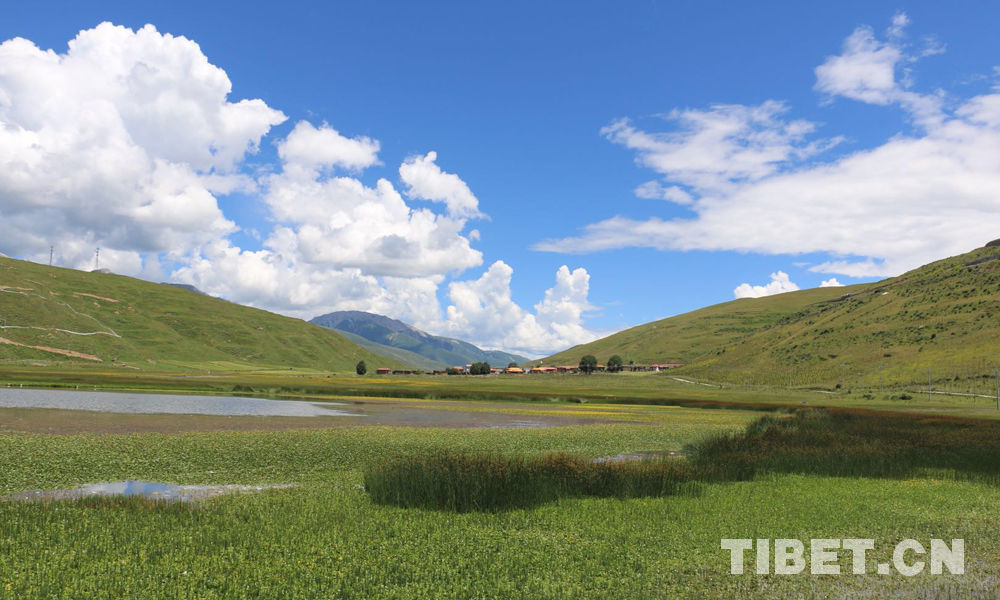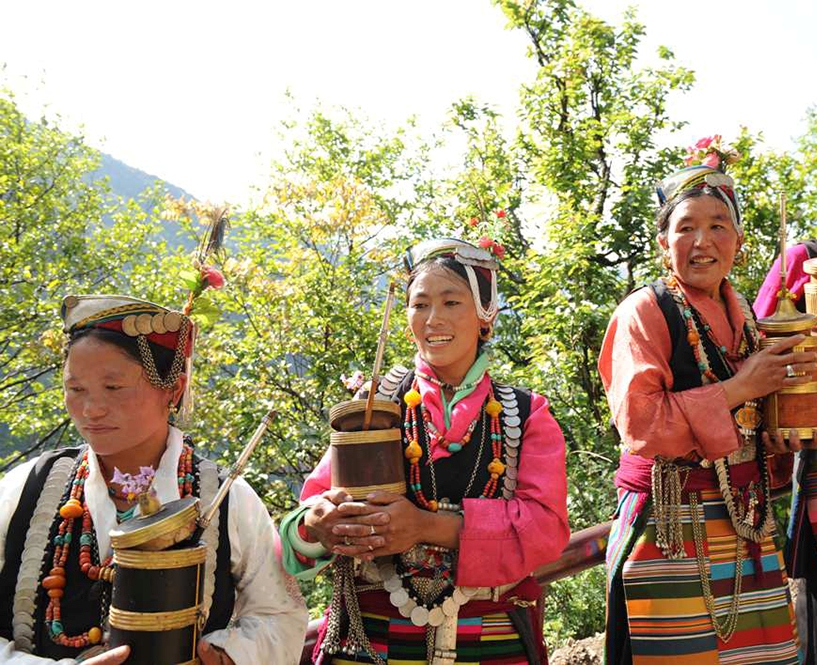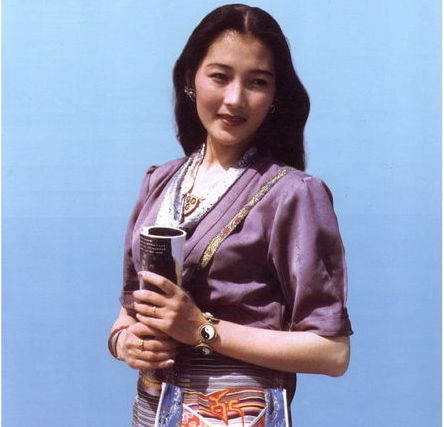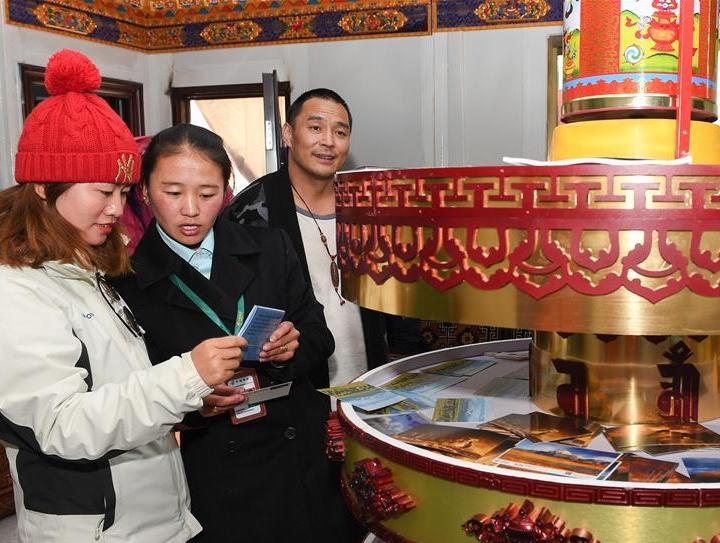A road to prosperity paved with traditional Tibetan clothing
When you look out from the entrance of Gonai Village of Yadoi Township in Nedong District, Lhoka, Tibet, you could see the snowy peaks of Mt.Yarlhashampo.
Inside the Xuemai Traditional Cultural Clothing Co-op in the Village, several artisans are sewing shoe insoles. In the distance, there is the holy mountain that is the source of Tibetan culture, and nearby, a thousand-year-old culture is being passed on by hand.
Traditional clothing is the most direct and attractive part of Tibetan culture.
In the Tibetan boots work area, pairs of Tibetan boots are being worked on by artisans.
“These boots are made from cowhide; they could have as many as 11 layers, with three more layers of felt inside, and are completely hand-made. Even experienced artisans need seven or eight days to complete one pair of soles.” Said Danzin Tsering.
According to Sonam, an artisan, Tibetan boots are beautiful and warm. Being able to wear new boots during the Ongkor Festival (also called Bumper Harvest Festival)or the Tibetan New Year is something worth celebrating and bringing joy.
The villagers who make these Tibetan hats, boots, and who are determined to pass on traditional Tibetan wearing culture were once impoverished residents in the village.
The co-op was established last May and has a total of nine artisans.
Danzin Tsering said, “We started this co-op to help older artisans support themselves and overcome poverty, and also to pass on this traditional skill.”
The workers’working hours are relatively flexible. They are paid by hour and also receive a commission for any sold products. Just in 2017, its first year, the co-op earned a profit of 50 thousand yuan. Now the co-op could make entire sets of traditional Tibetan clothing, including hats, boots, skirts, slips, and meet local residents’ needs.
“The co-op has enabled me to make intricate Tibetan boots, overcome poverty, and helped us get together to enjoy our life, which is so much more comfortable than before.” Said a smiling Sonam.
Cultural inheritance is not always about fanfare, sometimes a more pragmatic and ongoing tradition could sustain a longer life and help the legacy-keepers earn economic returns and improve life, of which the experiment of Xuemai Traditional Cultural Clothing Co-op is a vivid example.
Your Comment
Name E-mailRelated News
-
-
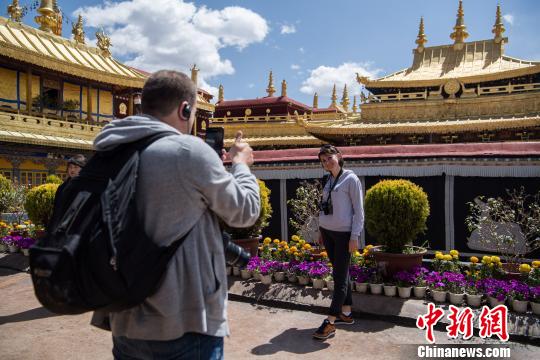
-
Cultural tourism a new way to fight poverty in SW China
The 4th Annual China Tibet Cultural Tourism International Expo will take place from September 7th to 11th in Lhasa and Nyingchi.
-
-
-
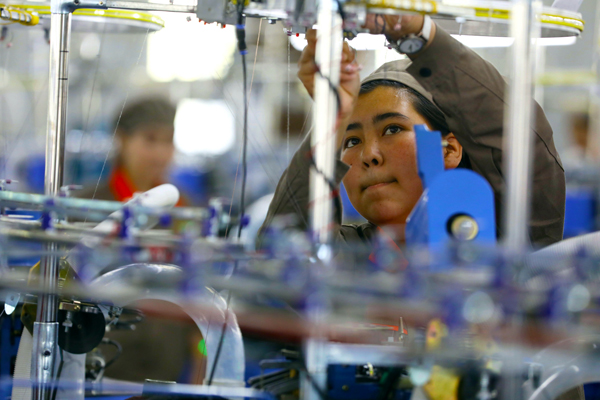
-
Industry plays big role in poverty alleviation in Xinjiang
China's Xinjiang Uygur autonomous region has made great progress in the fight against poverty over the past few years.
-
-
-

-
Xi stresses solid efforts to win battle against poverty
Xi Jinping, general secretary of the Communist Party of China Central Committee, has made instructions urging local officials to seek a complete victory in poverty alleviation.
-
-
-

-
Tibet lifts 260,000 people out of poverty in past two years
Southwest China's Tibet Autonomous Region has lifted 260,000 people out of poverty during the past two years, Qizhala, chairman of the regional government, said Wednesday.
-
-
-

-
Tibet faces decisive poverty battle: official
Tibet has a huge task ahead to reduce by 690,000 the number of people living below the poverty line by 2020.
-


